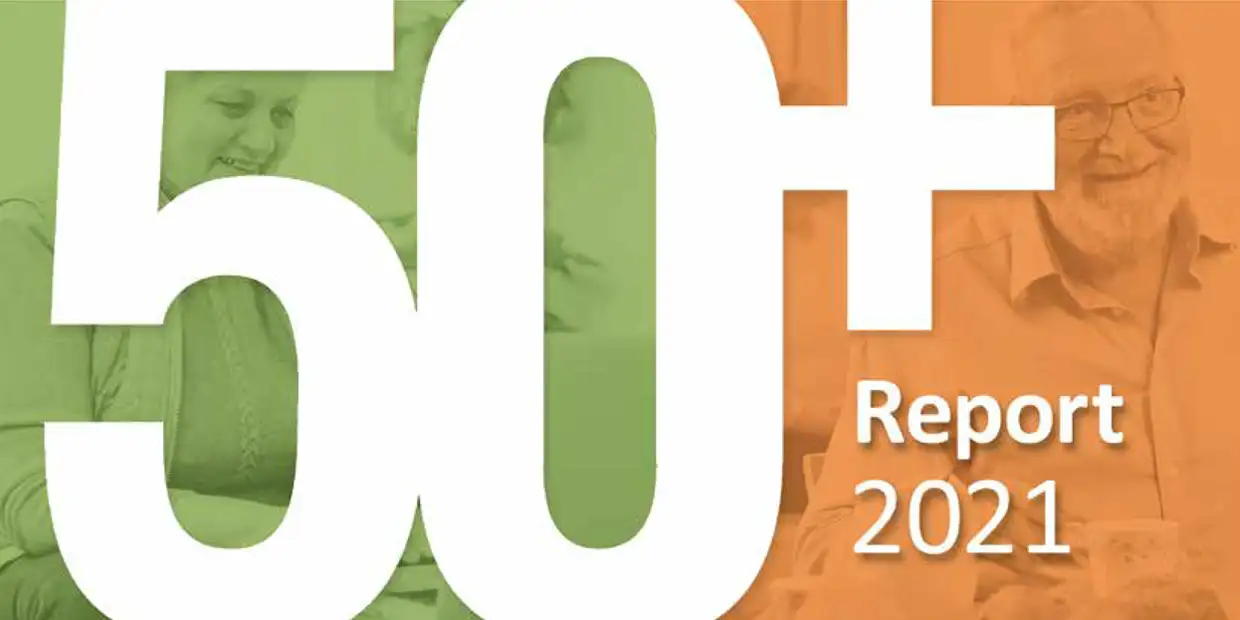COTA NSW’s research in 2020 explored the experience of people aged 50 and over in NSW during the COVID-19 pandemic, with a particular focus on the impact on social and community interactions. More than 7,500 older people responded to our survey in September and October 2020, and we held eight online focus groups to explore the themes in greater depth.
The findings dispel some preconceptions about the vulnerability and level of technological use in older people. Many demonstrated of resilience, enthusiasm and strength, as well as an attitude of pragmatism and resolve, with a focus on adhering to the health advice and supporting others.
However, there were spheres of concern, particularly in the areas of mental health and social isolation – with the curtailment of volunteering negatively impacting many older volunteers. Carers, people with disability and those with chronic illness were much more likely to be socially isolated, with feelings of anxiety, loneliness, or depression. This was also the case for the older unemployed and those in receipt of Job Seeker or Job Keeper.
In some instances, the 50-59 age group were experiencing more negative emotions than older age groups, possibly due to increased financial, family and work responsibilities.
Across the world the pandemic has brought into sharp focus the strengths and weaknesses of communities and their ability to come together to support and protect society’s most vulnerable people.
Although this research looked at groups that have faced greater challenges and shown poorer outcomes in mental health and social isolation, the results are largely positive. The findings have demonstrated that we are fortunate to have communities that are largely cohesive and came together during this challenging time to connect with and support one another.
